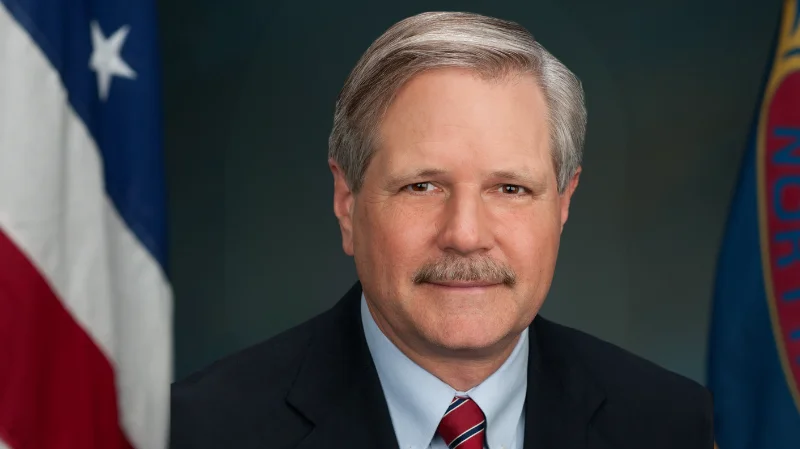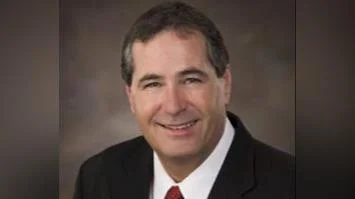Senator John Hoeven, U.S. Senator of North Dakota | Senator John Hoeven Official website
Senator John Hoeven, U.S. Senator of North Dakota | Senator John Hoeven Official website
Senator John Hoeven today issued a statement following the U.S. Department of Defense's (DoD) release of a review of the Sentinel program. The review concluded that modernizing the full intercontinental ballistic missile (ICBM) fleet remains vital to national security. Hoeven, a member of the Senate Defense Appropriations Committee, has been advocating for the continued modernization of the U.S. nuclear deterrent, particularly the ICBMs that constitute the land-based leg of the nuclear triad.
Hoeven discussed the review results, also known as a Nunn-McCurdy review, with key officials including Under Secretary of Defense William LaPlante, Vice Chief of Staff of the Air Force James Slife, Under Secretary of the Air Force Melissa Dalton, and Assistant Secretary of the Air Force Andrew Hunter.
"The broad deployment of ICBMs across the U.S. creates a real tactical challenge for our adversaries, like Russia and China, and gives us an edge as we work to counter any new capabilities being developed by these nations," said Hoeven. "That’s why we made it clear throughout this Nunn-McCurdy review that the ICBM fleet is essential to our national security. The review’s results and DoD’s resulting decision to maintain the full ICBM fleet drive that point home."
Hoeven emphasized ongoing investments in nuclear modernization programs while collaborating with DoD to identify cost-saving measures without compromising nuclear deterrent effectiveness.
Today's discussion follows Hoeven's efforts with officials such as Defense Secretary Lloyd Austin, Chairman of the Joint Chiefs of Staff General Charles Brown, Air Force Secretary Frank Kendall, and Air Force Chief of Staff Gen. David Allvin. In recent communications and Senate committee hearings with these officials, Hoeven outlined his priorities for robust ICBM deployment.
Prior to this announcement, Hoeven secured full funding in Fiscal Year 2024 to support national nuclear modernization programs.






 Alerts Sign-up
Alerts Sign-up